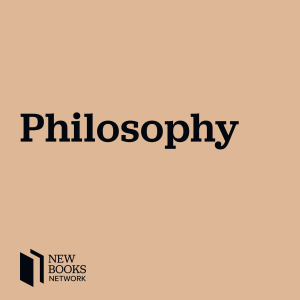
Dilek Huseyinzadegan, "Kant’s Nonideal Theory of Politics" (Northwestern UP, 2019)
 2019-10-21
2019-10-21
Download
Right click and do "save link as"
In Kant’s Nonideal Theory of Politics (Northwestern University Press, 2019), Dilek Huseyinzadegan analyzes Kant’s political writings by attending to the role of history, anthropology, and geography in his thought. She shows that Kant employs teleology as a means to orient us within the chaotic contingency of experience in order to plan and navigate a path to just political orders from our current conditions. Teleology, far from functioning as a deterministic principle in Kant’s work, provides a way to think through issues such as the importance of our historical narratives, cultural differences, and geographic limitations for politics. Huseyinzadegan argues that Kant proposes cosmopolitanism as the proper path for politics, not because it is a political ideal, but because—given where we’ve been, what we’re capable of, and the conditions in which we act—cosmopolitanism offers the most promising means of achieving the ultimate aim of politics, which is peace. Further, Huseyinzadegan shows that understanding the relationship of nonideal to ideal theory in Kant’s work exposes how Eurocentrism, racism, and sexism operate in his political theory and how we can and must theorize differently.
Learn more about your ad choices. Visit megaphone.fm/adchoices
view more
More Episodes
012345678910111213141516171819
Create your
podcast in
minutes
- Full-featured podcast site
- Unlimited storage and bandwidth
- Comprehensive podcast stats
- Distribute to Apple Podcasts, Spotify, and more
- Make money with your podcast
It is Free
- Privacy Policy
- Cookie Policy
- Terms of Use
- Consent Preferences
- Copyright © 2015-2024 Podbean.com





